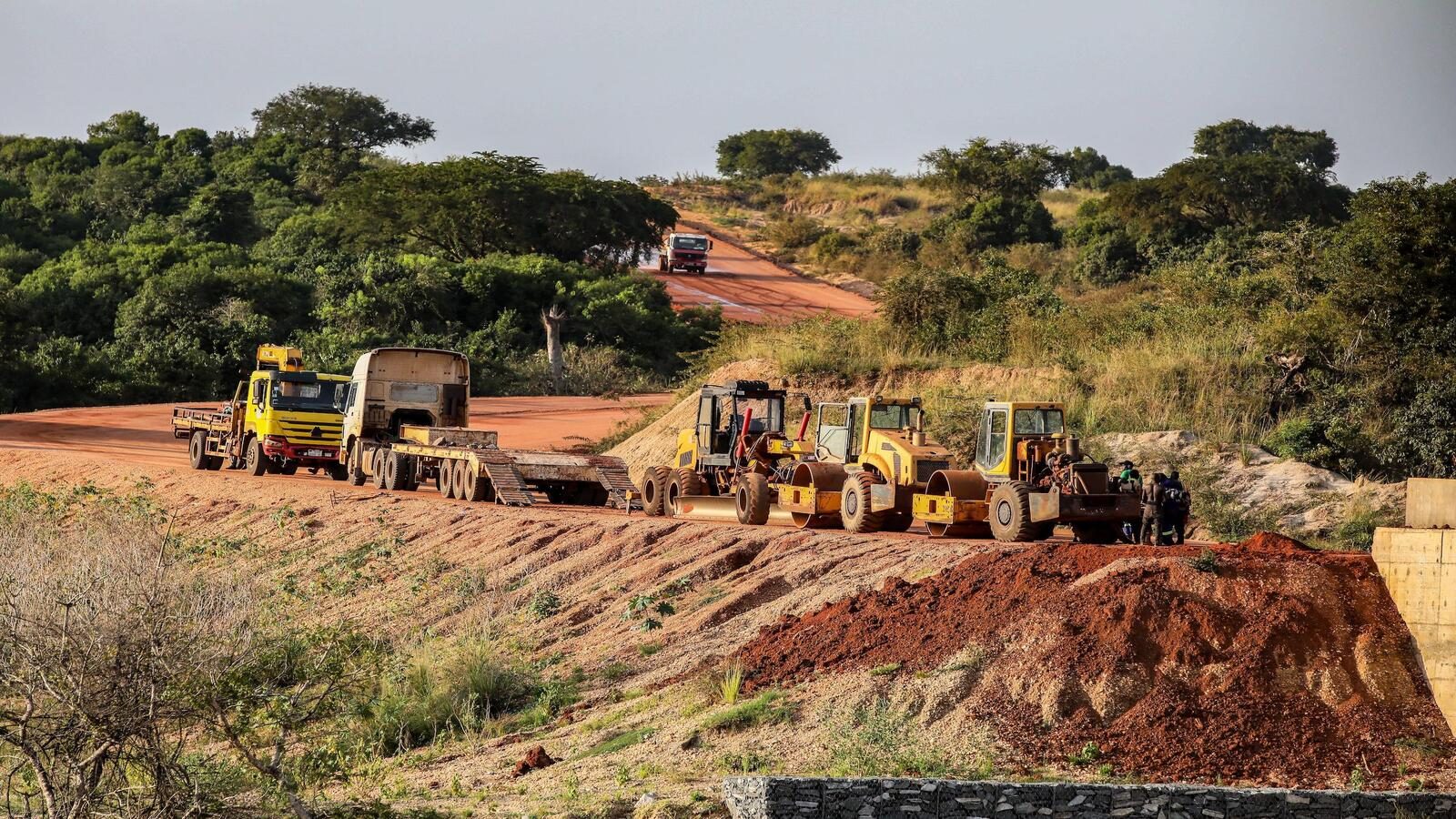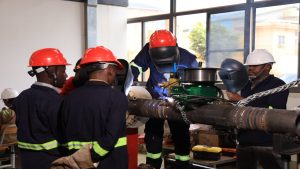Share
According to representatives of the Petroleum Authority of Uganda, the East African Crude Oil Pipeline (EACOP) is expected to greatly improve employment opportunities. The project, which is scheduled to start soon, is expected to provide 14,000 new job possibilities, which would represent a significant rise in employment in the oil and gas industry.

According to Kenneth Peter Bintu, the Petroleum Authority of Uganda’s enterprise development officer, 13,067 people are currently employed directly by the oil and gas industry through licensed businesses and contractors. Remarkably, around 90% of these workers are citizens of Uganda. According to Bintu, the sector employed 13,800 people in 2022 and 2023. However, as a result of numerous growth operations slowing down, that number was later reduced to 13,067.
But with the start of the EACOP project, the workforce is anticipated to grow to 14,000 people. Leading the way are the governments of Tanzania and Uganda, in collaboration with Total Energies and the China National Offshore Oil Corporation (CNOOC). A total of $7.1 billion has been invested in the project, of which $1.9 billion is earmarked for contracts in Uganda.
Addressing the Bunyoro community at the CNOOC National Content Suppliers Development Workshop in Kikuube area, Bintu urged people to acquire the skills they need to take advantage of these job prospects. In order to access business prospects in the oil and gas industry, he urged local suppliers to register with the National Suppliers Database and stressed the value of skilled labor in the many employment responsibilities related to the project.
The African Development Bank is funding training for 544 enterprises in the Bunyoro region as part of continuous efforts to equip local suppliers. Notwithstanding these efforts, Bintu voiced concern about the low registration rate, especially among non-hotel enterprises, emphasizing the significance of database registration for efficiently obtaining possibilities.
There are easy stages involved in registering with the National Suppliers Database; you will need a bank reference letter, NSSF clearance, TIN numbers, tax clearance certificate, and information about your shareholders. CNOOC’s Eric Jumba, National Content Manager, emphasized the need of a high-quality supply and the necessity of suppliers adhering to quality standards in order to participate in the market.
Jumba gave a status report on the oil project’s development and mentioned that Excel Construction Limited, a Ugandan company, has made considerable strides in digging oil wells as part of the Kingfisher development project. In addition, work is being done on feeder pipelines, central processing facilities, roads, and campgrounds.
Key industries including food and building supplies, health, transportation, hospitality, and security were noted by BRADO Executive Director Martin Byaruhanga as potential beneficiaries of the project for nearby towns. Ernest Rubondo, Executive Director of the Petroleum Authority of Uganda, expressed hope for the start of the EACOP project and the start of oil production by 2025, while reiterating the progress of vital infrastructure development for oil and gas production in the Albertine Graben.









